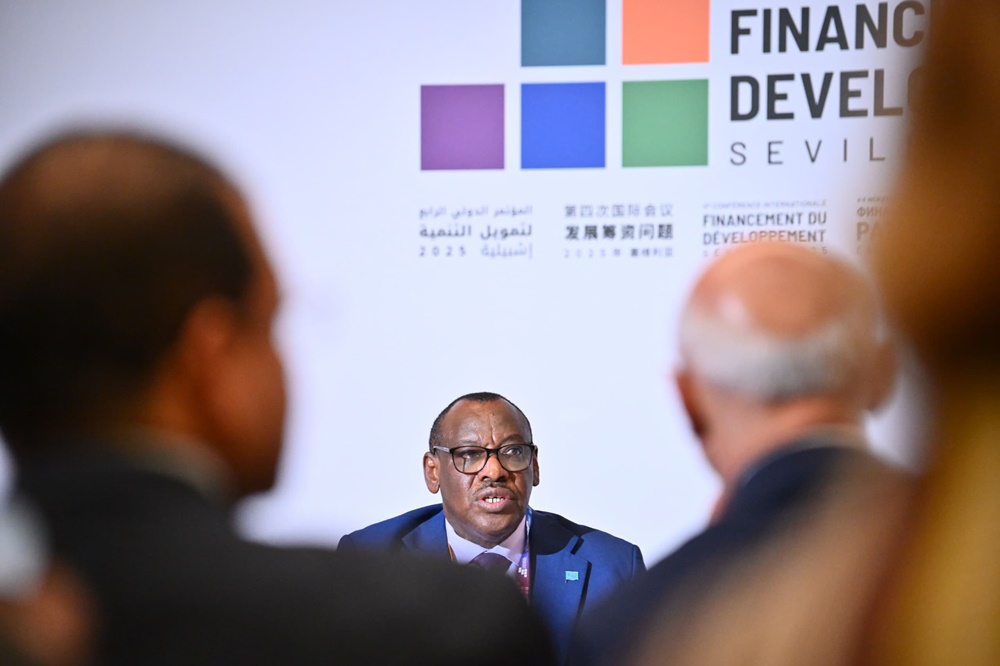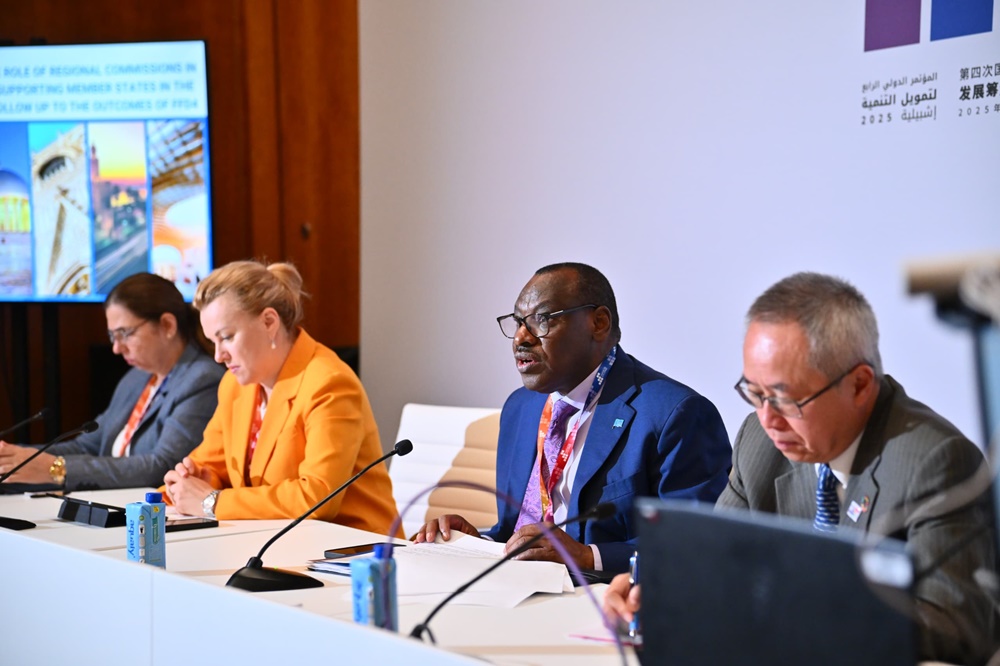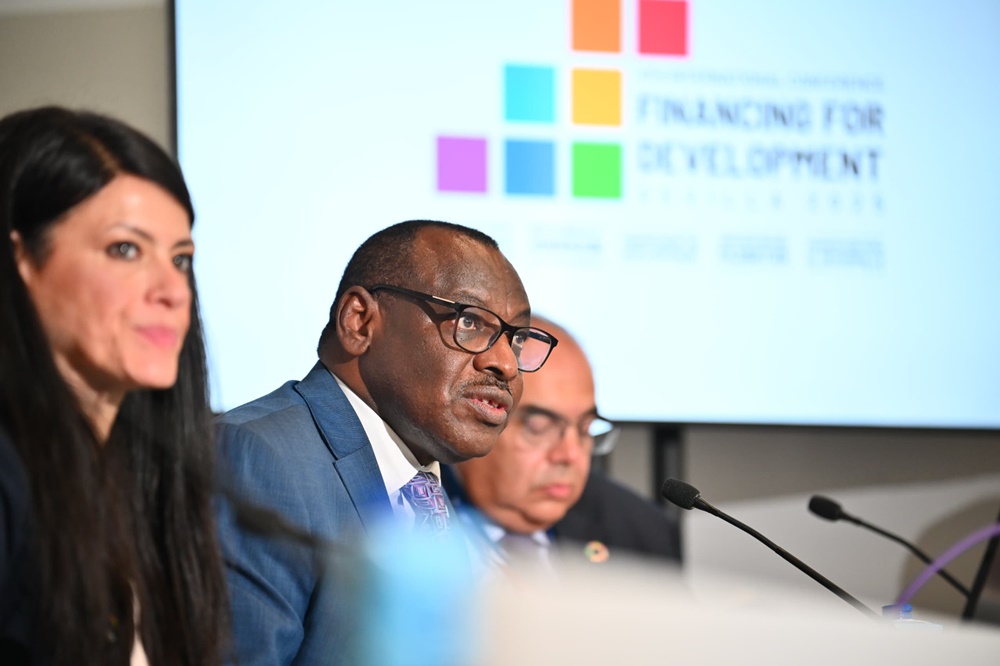Claver Gatete: Africa’s Development Needs Urgent Financial System Overhaul, Not More Promises

Claver Gatete, UN Under-Secretary-General and Executive Secretary of the Economic Commission for Africa (ECA), has issued a powerful call for an urgent transformation of the global financial system, insisting that Africa’s development trajectory hinges on actions—not declarations.
Speaking at the Fourth International Conference on Financing for Development (FfD4) in Seville, Gatete declared that for Africa, global financing is not an abstract issue—it’s about “survival, transformation, and sovereignty.” He emphasized that Africa needs an estimated $1.3 trillion annually to meet the Sustainable Development Goals (SDGs), yet high borrowing costs, limited access to concessional loans, and skewed investment patterns continue to hinder progress.
Despite having a pipeline of viable infrastructure and energy projects, only two African countries currently enjoy investment-grade ratings. Gatete stressed that outdated risk models and biased credit ratings have pushed capital away from the continent. He proposed the creation of an African credit rating agency and the use of tools like the Multidimensional Vulnerability Index (MVI) to assess countries’ needs based on vulnerability and resilience—not just GDP.

“Africa does not lack investable projects. It lacks capital,” Gatete said, calling for a paradigm shift in how financial institutions perceive and engage with the continent.
To address these gaps, African leaders launched the Platform for Action on Private Investment Mobilization, a new initiative involving ECA, Convergence Blended Finance, the OECD-DAC, and others. The platform aims to attract private capital through blended finance, focusing on key priorities such as trade corridors, industrial zones, and renewable energy.
Additionally, Gatete advocated for reforms in sovereign debt frameworks to support fair and faster restructuring, especially for middle-income countries that remain vulnerable but ineligible for concessional loans. He also promoted innovative tools like debt-for-climate swaps and transition bonds.
To track progress, ECA proposed an Integrated FfD Follow-up System with regional observatories and national coordination units. Gatete warned that without strong accountability and data systems, financing efforts risk losing credibility.
The conference concluded with the adoption of the Seville Commitment, a 38-page outcome document that outlines voluntary steps to enhance access to finance and align investment with the SDGs. It recognizes the essential role of UN Regional Economic Commissions, including ECA, in monitoring and coordinating regional efforts.

While the Seville Commitment marks a step forward, Gatete emphasized that its true value will lie in tangible results.
“The real test of Seville will not be what we declare in this room, but what we implement beyond it,” he concluded.
With his remarks, Gatete positioned ECA and Africa at the forefront of a growing global demand for a more inclusive and responsive financial system—one that empowers developing nations to define their own paths to sustainable development.

SUBSCRIBE TO OUR NEWSLETTER












